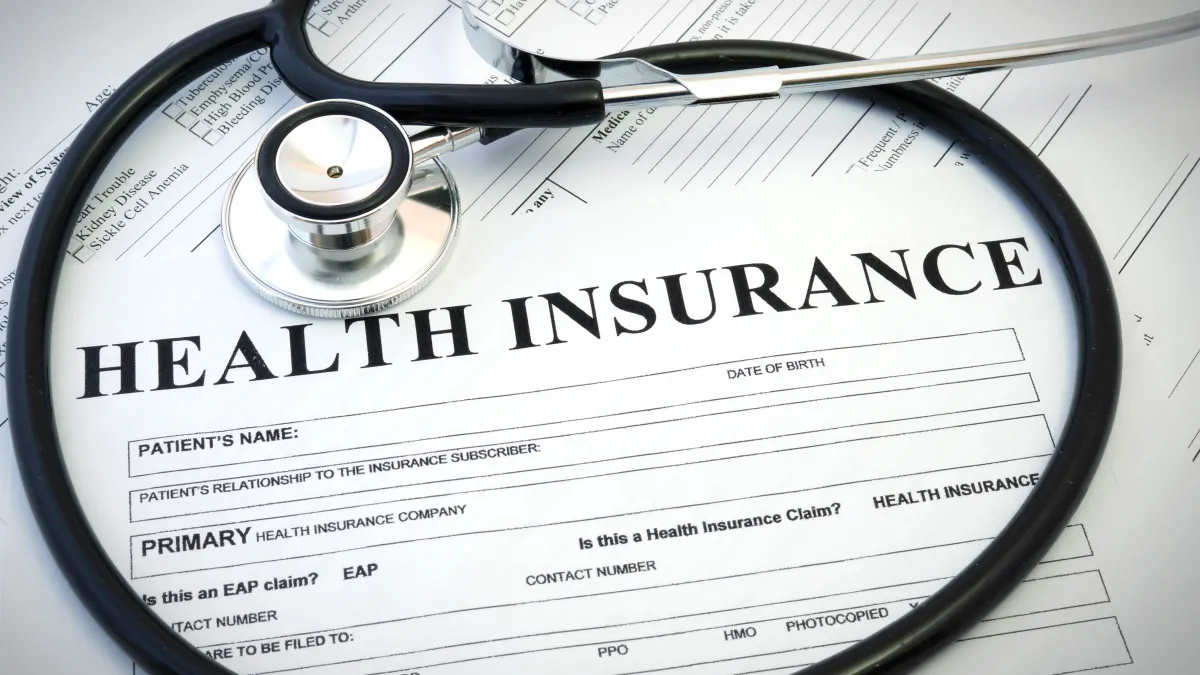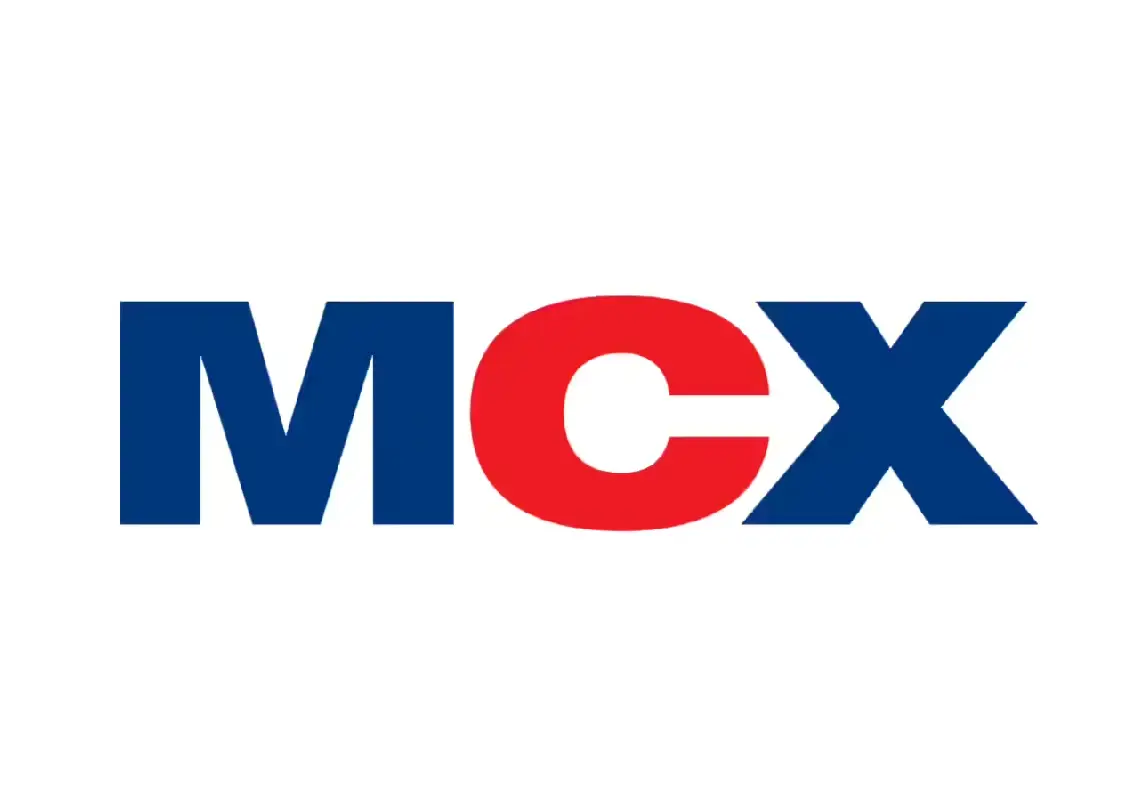Copyright NBC 5 Chicago

The sticker shock could be very real for people when open enrollment begins this year. Sen. Dick Durbin sounded the alarm Friday, saying "health insurance premiums are going to nearly double in northern Illinois and triple in downstate Illinois," particularly for plans under the Affordable Care Act. When government tax credits and subsidies expanded under the Biden administration during the COVID crisis expire Saturday, more than half a million people in Illinois could see their health care premiums skyrocket from an average of $260 a month to a projected $464 dollars a month, according to the Illinois Department of Insurance. Some of the biggest increases will be seen in Cook, DuPage and Will Counties. That could leave some of Illinois’ most vulnerable, including people with disabilities, facing dire choices, according to Karen Tamley, the president and CEO of Access Living. “We know that some people may decide to forgo health care, or skip medications, which can have a cascading impact,” she said at a press conference with Durbin. That kind of scrimping, Tamley said, could exacerbate their disabilities. The subsidies are at the heart of the government shutdown debate in Washington. Democrats want to restore the money cut by the president’s “Big Beautiful Bill," and while republicans say they are open to discussion, they say that will only come after democrats vote to re-open the government. As Air Force One touched down in Florida Friday, President Donald Trump urged republicans to stand together while continuing to criticize the ACA, which is also known as “Obamacare.” “People don’t get good health care, and their premiums go up every year, so we should change it,” he said. However, neither he nor republicans in Congress have offered a plan for a replacement. Jessica Kazaniwskyj, a small business owner, has seen the effect of poor health care firsthand. “Families and educators are already stretched to the breaking point,” she said. “Losing health care subsidies would only make that worse.” According to the Shriver Center for Poverty Law, five million people nationwide and between 70,000 and 90,000 people in Illinois, could become uninsured because of the price increases. University of Chicago economist Robert Kaestener said both sides are inflating their numbers as part of the policy debate. He estimates the number will likely be closer to two million nationwide because others will be able to get insurance through their employer or through other means. “The government might save somewhere between $25 [billion] and $30 billion,” Kaestner said. “That's how we should think of it: there’s a cost and a benefit.” To compensate for the elimination in federal subsidies, Illinois is now offering a state sponsored exchange called Get Covered Illinois. A network of state-specific navigators that will help users find state specific plans with cost savings.



